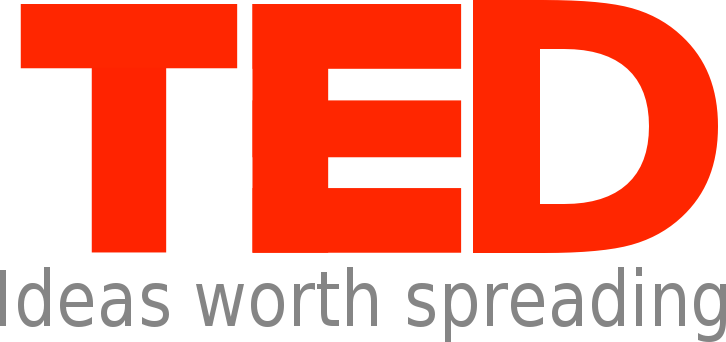Ted Talks

To deliver true health, one must look beyond statistics, science and technology – to the stories that make up the numbers, the blips, the graphs. Smriti Rana has dedicated her life to integrating palliative care into healthcare across India through delivery of services, education and building capacities. In this captivating talk, she depicts how people are not just repositories of disease that needs to be treated, but protagonists in their own scripts for whom much can be done if we zoom out and view them through a larger lens and listen with a compassionate ear. Smriti Rana is the Director of Projects and Programmes at Pallium India, a charitable trust dedicated to integrating palliative care into healthcare across India through delivery of services, education, building capacities, policy, research, advocacy and information.
Dr. Rajagopal in this powerful TEDx talk stresses the importance of alleviating pain that terminally ill patients undergo during the evening of their lives. He emphasizes that terminal suffering is not just physical but creates a psychological, social and financial trauma in individuals and their families. Through palliative care he endeavors to fight this suffering and appeals to the students present in the audience to champion his cause of making medical care more humane in nature.
In his TEDx speech, Dr. M R Rajagopal talks about the situation of the prevailing medical industry in today’s world? He sheds light on the drawbacks of today’s system and compares it to the healthcare system that was established a few decades ago. He stresses on the importance of treating the patients physically and mentally as opposed to today’s method of only treating the disease.
Dr. Rajagopal at TEDxBITSPILANI 2020 event talks about how healthcare is everybody’s business and medical staff alone cannot provide healthcare to people and it is not an easy task to bring community and medical staff together because of our present healthcare system. Millions of people in our country are victims of catastrophic health expenditures. Paying for treatments and other related services pushes them into poverty, forces children to drop out, lose their jobs and fall into a vicious circle. He shares two such experiences one with a poor family and one with the rich to highlight the fact that all sections of society are equally hit by this. The poor are often left to die and the rich are tormented in isolation wards in the name of treatment. The overburden of the system cannot be reduced until medical staff and we recognize the significant role of community in healthcare. He stresses on the fact that how compassionate and responsible members of the society can come together and help patients suffering with incurable disease, counsel them and their families and prepare them for life beyond diseases and at a cost which is much less than the hospital bills, after all every human being deserves to die with dignity. This model has been implemented by his team in parts of Kerala and has received an encouraging response. Communities can provide emotional support and practical help to patients and their families which often the medical staff fails to provide. He also states the fact that healthcare for all cannot be achieved without healthcare by all. Community participation plays an indispensable role in connecting lay men to the ever-growing hospitals of the country. He ends his talk with a self-introspection question, what is the meaning of life and encourages everybody to be more sensitized and contribute to healthcare by all. Dr M.R. Rajagopal, aptly called by The New York Times as ‘the father of palliative healthcare in India’, is a Nobel Peace Prize nominee and a Padma Shree awardee. Palliative healthcare can be best defined as the act of caring for critically ill patients or caring for patients with complex diseases. Dr. Rajagopal is the director of the WHO Collaborating Center for Policy and Training on access to pain relief and also the founder of Pallium India, an organization that advocates death with dignity as the right of patients. He has also been featured in the 2017, Australian-made documentary ‘Hippocratic’ telling his remarkable life story. His advocacy has sparked a debate, especially on the front of giving universal access to morphine- a heavily restricted, narcotic pain medicine which has the power to revolutionize palliative medicine.






